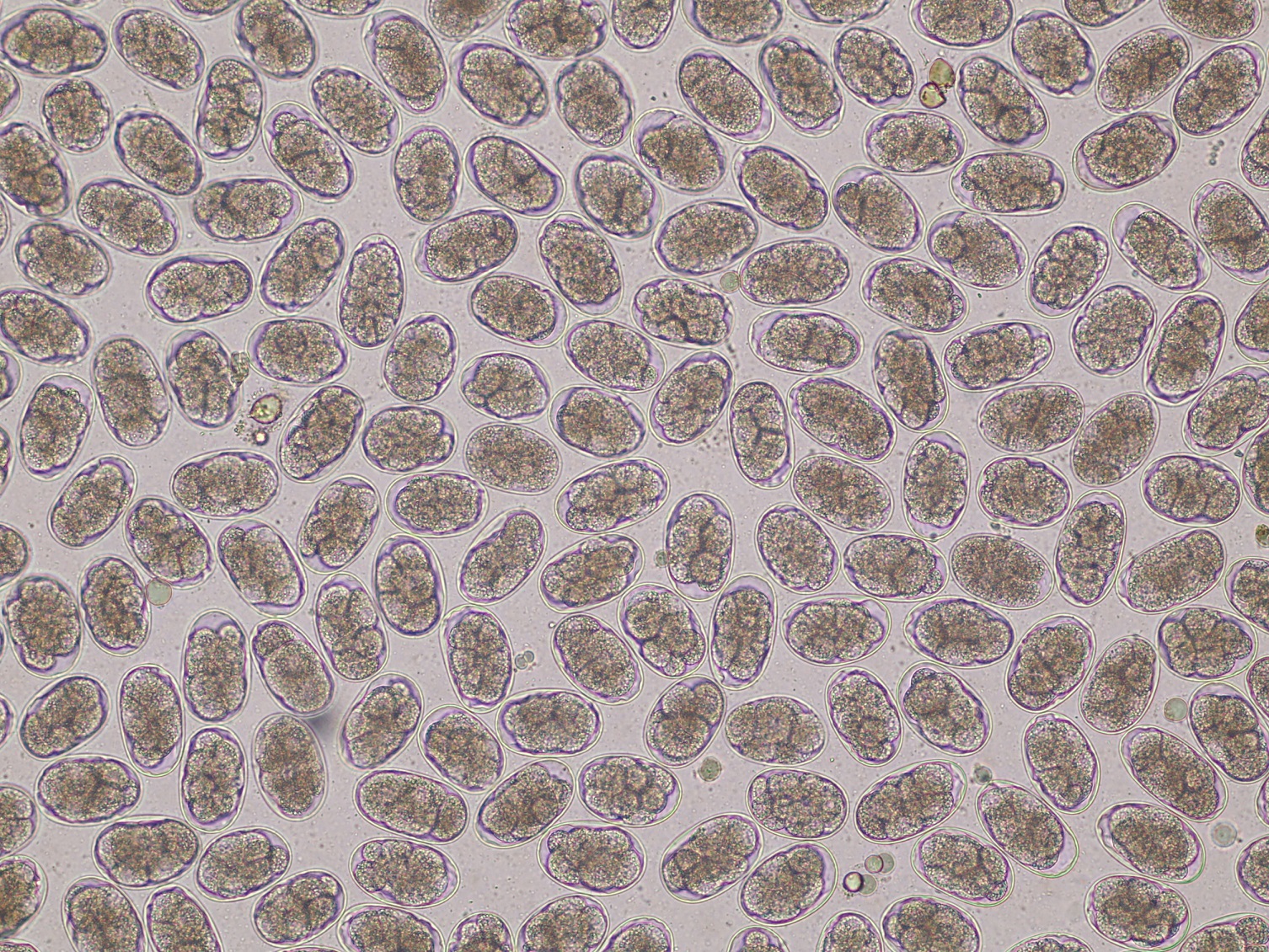Species: Cattle, sheep, goats, dogs, cats
Specimen: Faeces (minimum 0.5g)
Container: Plastic pottle
Collection protocol: Directly from rectum or freshly passed sample from clean surface
Special handling/shipping requirements: Samples may be refrigerated if there is any delay in sending to the laboratory (e.g. over weekend)
General information about the disease: Cryptosporidium is a small apicomplexan protist, found on the surface of epithelium in the gastrointestinal, biliary, and respiratory tracts of mammals, birds, reptiles, and fish. The disease in mammals is generally enteric, while respiratory infection is more significant in birds. Cryptosporidium parvum is parasitic in ruminants and C. canis and C. felis occur in dogs and cats respectively. All are potentially zoonotic and may be associated with contamination of water sources and food products. Cryptosporidiosis particularly occurs in neonates and the immunocompromised. It results in intestinal villus atrophy with lesions most significant in the distal small intestine. It is an important component of undifferentiated neonatal diarrhoea in calves and frequently occurs concurrently with other agents.
General information about when this test is indicated: Diarrhoea investigations, particularly in calves and other young animals. Cryptosporidia oocyst numbers are scored using a semi-quantitative system (- to ++++) similar to that used for coccidia oocysts. Comparison with other related tests: Cryptosporidia may also be detected using an antigen ELISA on faeces

